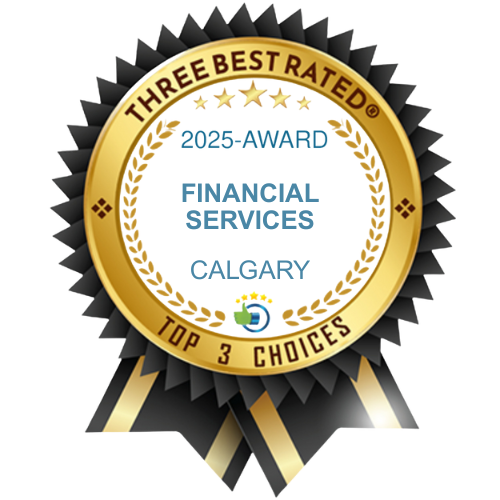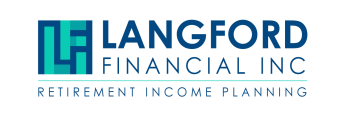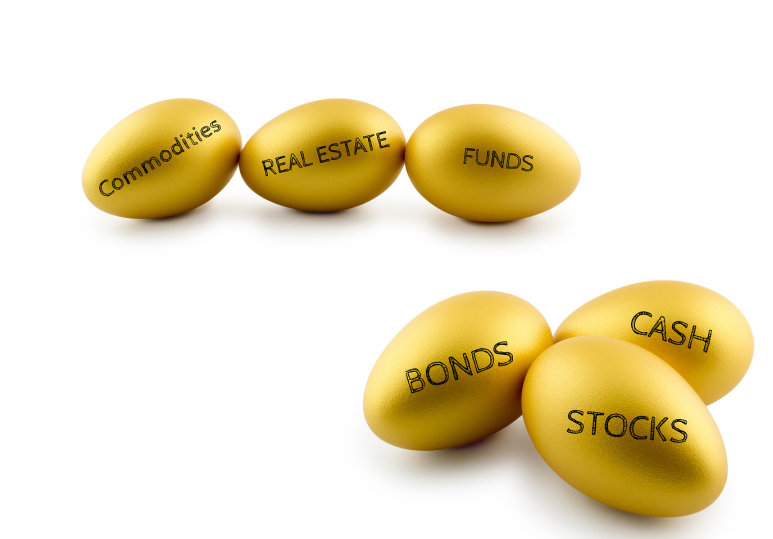The fact is most retirees want help with organizing their affairs as they approach retirement and help with understanding government benefits and when they should start taking them, help with deciding where and when to take income and how to do so in the most tax-efficient way. The reality is, that when most retirees get to the point where they need this help most Advisors are too focused on an investment plan only. The strategy that was used to grow their retirement portfolio is not the same strategy they need now to take income from that portfolio and to ensure they don't outlive their money.
No one wants to outlive their money!
The truth is most financial advisors can help you grow a retirement portfolio but few have the expertise to manage a retirement portfolio where the primary objectives are preserving capital and taking income.
Consider 4 significant risks when it comes to your retirement.
1. Inflation - once you determine your retirement budget for basic living expenses and fun money you then have to ensure that you factor in that the cost of these items will incrementally increase over the next 10 - 30 years. All your sources of income and your portfolio have to be growing to factor in a 2-3% rate of inflation.
2. Volatility - Income from a portfolio generally falls into 2 categories. First, is fixed income products, such as bonds or GIC's. These investments generate interest income. The second category is equities. These are stocks that generate dividends and capital gains. Market volatility can cause great fluctuation in retirement income, especially if you're withdrawing capital. In addition, and more significantly, volatility can erode your money causing your portfolio to dwindle faster than expected. This is the #1 fear of retirees in Canada - running out of money.
3. Longevity - No one knows how long they need their money to last. As people are living longer, your money has to go the distance as well (25-35 years). Dying with too much can be bad as well. If you have too much money in registered accounts when you die, CRA will take a fair chunk of it or it may end up in the hands of undeserving recipients.
4. Death of a spouse - This can have a significant impact on your cash flow because there is little survivor benefit from CPP and nothing from OAS. Other work pensions can be reduced as well, to 66%.
Many of the clients that we work with retire btween the ages of 60 and 65 and have between $500,000 and $1,000,000 in cash investments spread among various savings accounts like their RRSPs, LIRAs, and TFSAs. They own their home with no mortgage ($400,000 average value) and are receiving CPP in the range of $700/month each and will qualify for the usual payment of $614/month of Old Age Pension which starts at age 65. (2020 numbers) This will give them $2600 a month in government benefits and they will have to get the rest of their retirement income from their portfolio.
If their total income need is $5000/month, that will mean they have to take $2400/month from their portfolio. That's an annual withdrawal of $28,800 from the portfolio. (Easy if you have $1,000,000 and can get an average annual rate of return of 3%, but more difficult if you have $500,000. In fact, if the couple with $500,000 earned an average of 5%/year they would run out of money in 17 years.)
After 17 years a couple that started with a $500,000 nest egg is now 83 years old and moving into the "no-go" years and the need for fun money is most likely decreasing, however, the need to fund health or long-term care needs may be increasing. This is when they can tap into the equity in their home by either selling and downsizing to a condo or a rental unit or using a reverse mortgage or home equity line of credit. If they had $400,000 of equity in their home 17 years ago then most likely that has grown over time to be closer to $560,000 (@ 2% annual growth). This money can provide them more than ample resources on a tax-free basis to carry them for the rest of their lives. The equity in their home is a tax-free benefit and will have no bearing on government benefits and entitlements. It's important to not outlive your money, but it's equally as important to not have too much left at death and lose 40% or more of it to taxes, probate, and legal fees.
Not everyone fits into a simple plan like this. That's why a retirement income plan is crucial so that you structure your income properly and take income from the right sources and in the right order at the right time.
Consider these additional alternatives:
The same couple could delay their CPP and OAS and draw down their investment portfolio first. Delaying their CPP and OAS to age 70 will mean that they will receive much more in their monthly pension and have a higher amount of guaranteed income for life. However, the risk is the untimely death of a spouse and all of a sudden the surviving spouse has much less cash flow to live on.
The couple could delay both their government pensions and their investments and downsize earlier in retirement and tap into more tax-free money in the early years to defer pensions and investment growth to the later years.
We work with many couples and single retirees and we seldom see 2 situations the same. How our clients have benefitted from working with us is by how we create a unique and comprehensive income plan designed for their specific situation which maximizes their income, minimizes the amount of taxes they will pay and ensures they will have income for life without the fear of running out.
We create specially designed portfolios that focus on generating guaranteed income first and growth second. Never running out of income is more important than never running out of money. Dividing the portfolio up into various buckets so that income can be strategically generated from each bucket depending on timing and need, rather than throwing everything into one bucket and be dependent upon the whims of the stock market.
What buckets are used and how much is allocated to each bucket will vary from person to person, but generally will include some public equities, private equity, managed portfolios, guaranteed income from annuities, and segregated funds.
Conclusion
It's important in retirement to have a trusted retirement specialist that you can work with for many years to come. 55% of pre-retirees will change firms when they transition into retirement because they realize they need specialized planning with a focus on income protection.
If you are in or close to retirement and would like to meet with us to put together a retirement income plan, book time in our calendar for a meeting time. Here are the questions you need to be answered:
1. How long will my money do I need and how long will it last?
2. How much can I spend each year and still have confidence that I won't run out of money?
3. When should I take CPP and OAS?
4. Which of my assets should I spend first to create tax-efficient income?
5. How much should I be saving now so that I can generate the income I'll want in retirement?
We run numerous retirement projections to determine the best order to take your income and we can help you create a sustainable, predictable cash flow from your portfolio in the most tax-efficient manner to ensure you never have to worry about running out of money.
Want to retire in the next few years? Click here to learn more about our flat-fee and all-inclusive planning services and pricing.
Retirement Income, Investment & Tax Planners,
Willis Langford BA, MA, CFP
Nancy R angford CRS
587-755-0159







